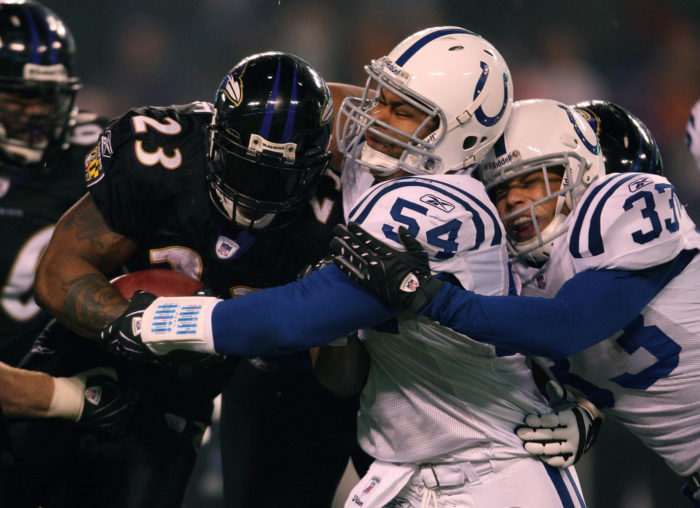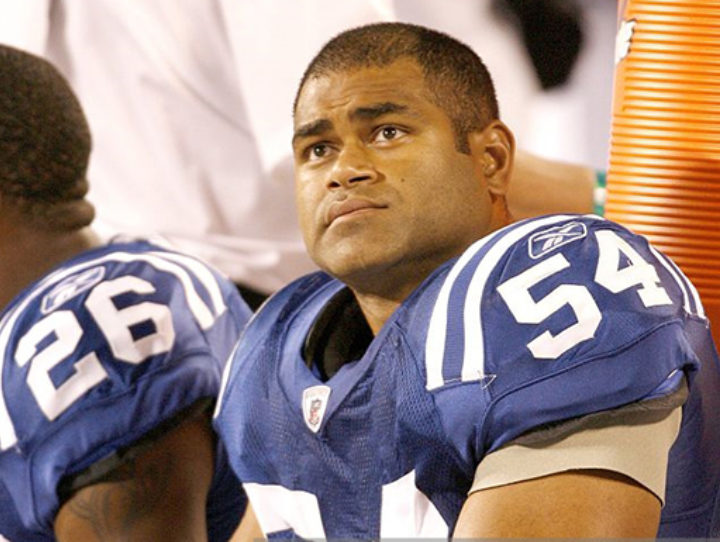My main concern was my health issues. I had a lot of concussions and I didn't want any long-term health effects from the concussions. So, it was fear, uncertainty, and frustration.
I was always the person who was of the mind of, "I don’t identify with being a football player." I identified with so many other things, and I distanced myself from that – So, I kind of minimized the transition emotions that were going to happen and occur. And I think too many guys minimize that transition.
I mean, I’m still transitioning. I’ve had three really great opportunities for careers, and I think I’ve finally settled on my one. But, it’s really tough to find out what you want after your first love is gone. With football, we’ve done it our whole lives –It was something we’ve been programmed to do. And we’ve lived the dream. But finding a way to extend that dream and finding fulfillment in other careers, it’s a challenge and that’s okay.
I was really alone when I was retiring. I tried to turn to the friends and I used my support network and my family. I just really didn’t feel like I had anything. It didn’t feel like there was anything that could help me with my transition at the time.

